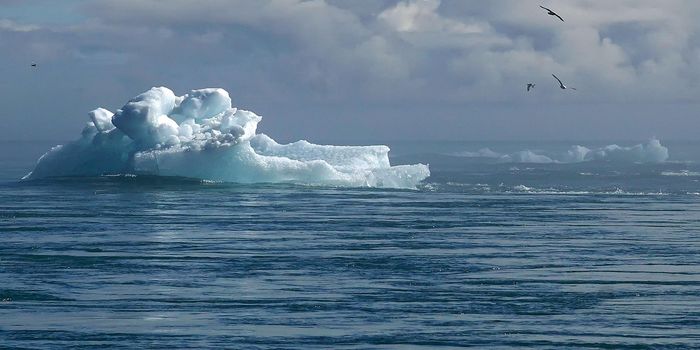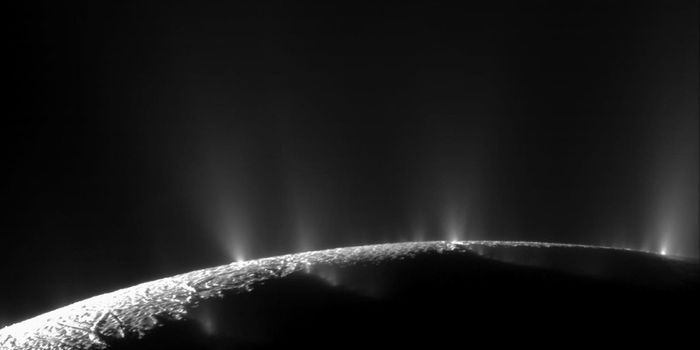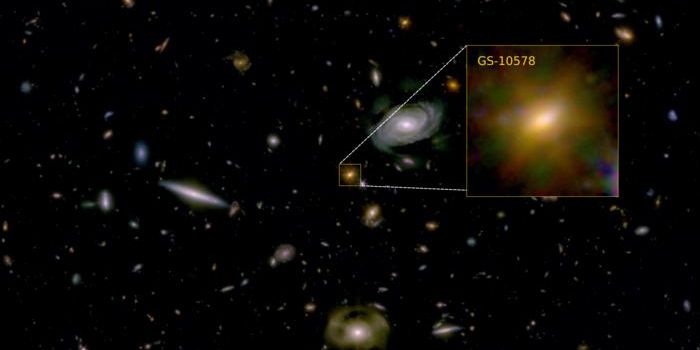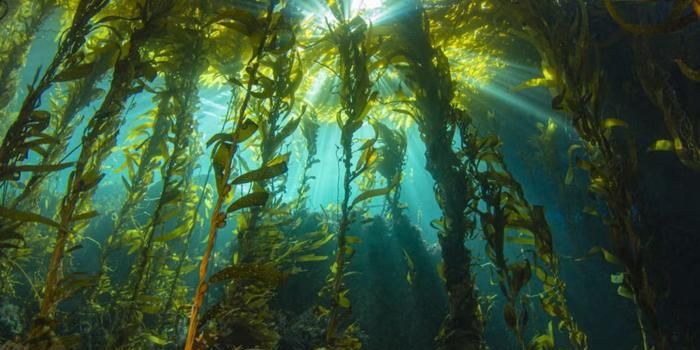Nebraska-Led Study Reveals Impact of Groundwater Depletion on Crop Yields from Drought and Dry Conditions
How can the increased threat of drought and drier conditions from climate change impact groundwater (aquifer) usage, and ultimately, food production? This is what a recent study partially funded by the U.S. Department of Agriculture and published in Nature Water hopes to address as a team of researchers led by the University of Nebraska-Lincoln investigated how decreasing aquifer levels result in irrigation challenges for farmers now only in the United States but throughout the world.
This study holds the potential to help scientists, farmers, and policymakers better understand the appropriate steps to manage irrigation levels as climate change continues to lead to increased drought and drier environmental conditions across the globe.
“In terms of things that let you address food security under extreme conditions — in particular, drought and climate change — we really can’t do without irrigation,” said Dr. Nick Brozović, who is a professor of agricultural economics at the University of Nebraska–Lincoln and a co-author on the study. “If we want to feed the world with high-quality, nutritious food and a stable food supply, we need to irrigate.”
Image of an irrigation system in Adams, Nebraska. (Credit: Craig Chandler, University of Nebraska–Lincoln)
For the study, the researchers analyzed data between 1985 and 2016 within the High Plains region of the United States for soybean and corn production, aquifer conditions, food production areas, and meteorological data to ascertain changes over the course of the study timeframe. In the end, the results demonstrated that decreases in food production exhibited sudden changes at various times throughout the 30-year period based on reducing aquifer levels throughout the region.
Additionally, the researchers were able to show how much food production loss could be calculated based on exceeding a certain threshold in an aquifer’s average thickness, with the authors noting a “negligible difference” when discussing how many corn bushels could be lost due to exceeding this threshold.
“As a consequence, your resilience to climate decreases rapidly,” said Dr. Taro Mieno, who is an associate professor of agriculture economics at the University of Nebraska–Lincoln and lead author of the study. “So, when you’re operating on an aquifer that is very thick right now, you’re relatively safe. But you want to manage it in a way that you don’t go past that threshold, because from there, it’s all downhill. And the importance of aquifers is going to increase as climate change progresses in the future, for sure.”
Going forward, the researchers call for addressing aquifer conservation methods to adapt to the variable conditions caused by climate change, specifically pertaining to changes in rainfall as drier seasons get longer and hotter.
How will farmers adapt to climate change regarding aquifers in the coming years and decades? Only time will tell, and this is why we science!
As always, keep doing science & keep looking up!
Sources: Nature Water, EurekAlert!, Nebraska Today, Wikipedia









